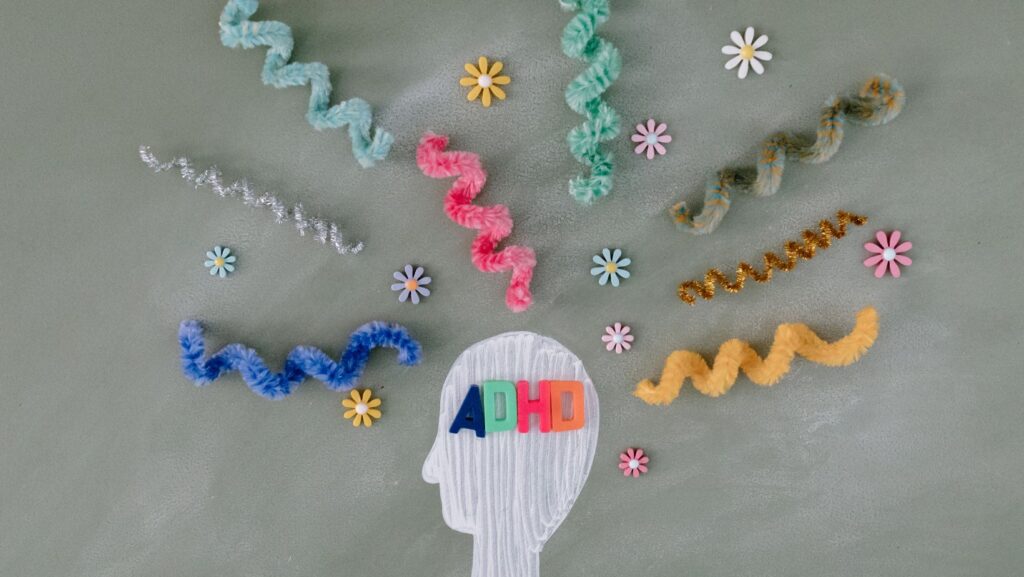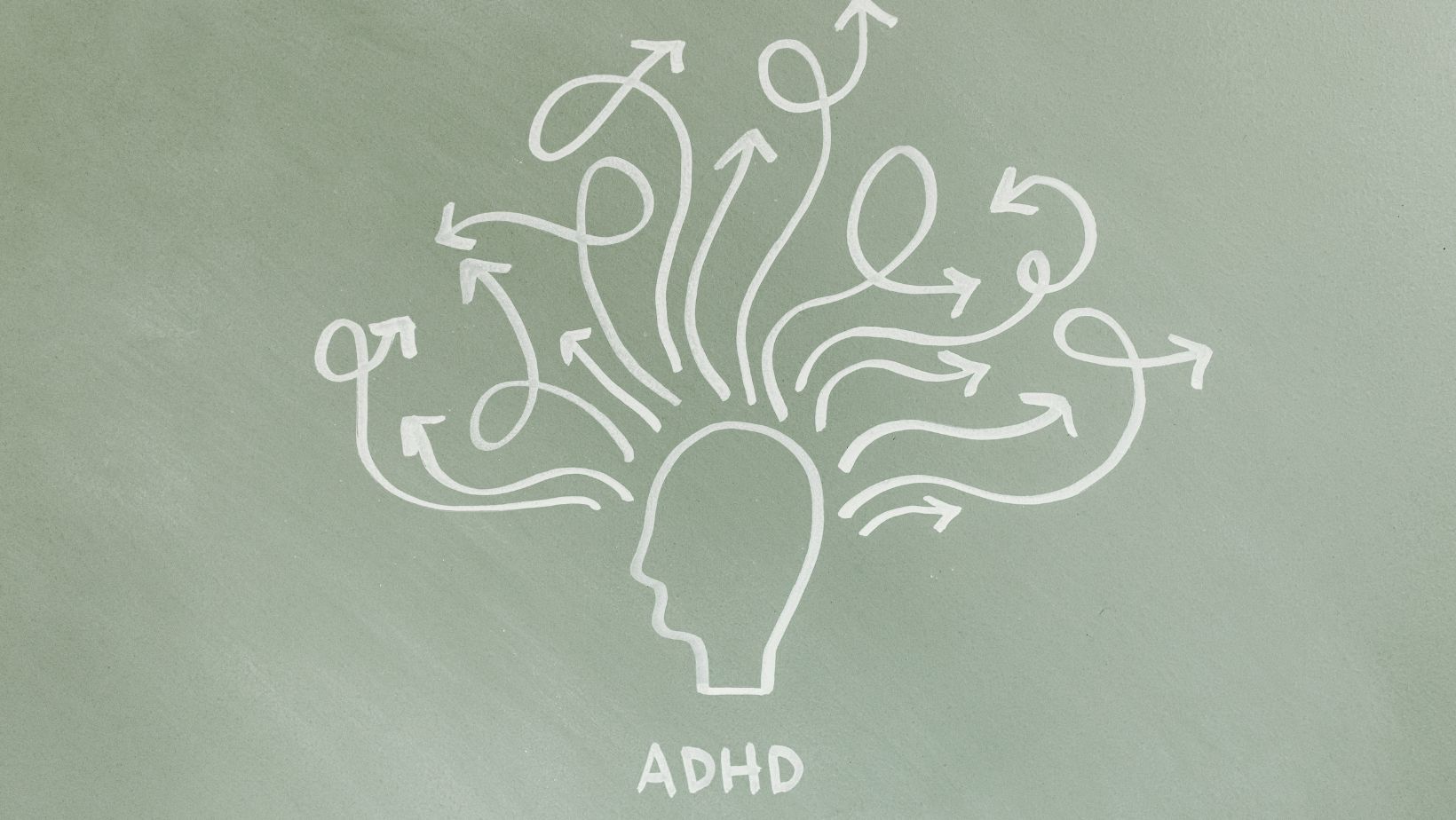
Living with ADHD can be a daily struggle, not only for those who have it but also for their family and friends. Understanding and providing support is important for alleviating some of the challenges faced by individuals with ADHD. Whether it involves being patient during conversations or helping them manage time and tasks, every small act of empathy counts.
One effective way to support someone with ADHD is by encouraging them to seek professional help. Family and friends can suggest they consult an ADHD doctor online, making it easier for them to access professional advice and treatment options. This support can significantly contribute to better management of symptoms and improve daily functioning.
Building a supportive network involves education and open communication. By learning more about ADHD and its impact on daily life, friends and family can become better allies. This understanding creates a more supportive environment, helping to reduce stress and develop strategies that benefit the individual with ADHD.
Understanding ADHD
Attention Deficit Hyperactivity Disorder (ADHD) affects many aspects of a person’s life, including how they interact with the world and manage their day-to-day tasks. With knowledge about symptoms and their impact, family and friends can offer better support.
Symptoms and Diagnosis
ADHD often involves symptoms like inattention, hyperactivity, and impulsiveness. Although many associate it with children, it can continue into adulthood. Adults with ADHD might struggle with focusing, maintaining tasks, or even organizing their time.
Diagnosing ADHD usually involves assessments by healthcare professionals. They look at behavioral patterns over time and may ask about personal and family history. Diagnosis aims to confirm that symptoms significantly interfere with daily life and are not explained by other conditions.
It’s important to recognize that symptoms can vary greatly from person to person. Some may have more issues with inattention, while others might exhibit more hyperactive behaviors. Understanding these differences helps in offering appropriate support.
Impact on Daily Life
ADHD can deeply affect daily life. People might experience difficulties in managing personal or work commitments, leading to stress or frustration. Tasks that seem simple to others can become overwhelming.
Time management is another significant challenge. They may struggle to follow schedules or deadlines, often leading to missed appointments or late work submissions. This can impact their professional and personal relationships.
Emotional regulation can also be difficult. They may react more strongly to situations, leading to misunderstandings with others. Recognizing these challenges is important for supporting someone with ADHD. By understanding how ADHD impacts daily tasks and relationships, loved ones can provide more empathetic and effective support.
Strategies for Support
Helping someone with ADHD involves understanding, patience, and effective strategies. Support comes in various forms, such as improving communication, creating a helpful environment, assisting with organization, and suggesting professional help.
Academic and Learning Support
For individuals with ADHD, academic challenges—like focusing during lessons or completing assignments—can be particularly overwhelming. Family and friends can help by identifying educational resources tailored to their needs. Searching for online tutors near me can connect the child with professionals who specialize in ADHD-friendly teaching methods.
Online education offers flexibility and accessibility, making it easier for individuals with ADHD to learn at their own pace and in a comfortable environment. Personalized tutoring sessions can improve concentration, boost self-esteem, and strengthen executive functioning skills like time management, task organization, and goal setting. With the right support, education can become not just manageable—but truly rewarding.
Communication and Emotional Support
Open and honest communication is key. Family and friends should listen actively, allowing the person with ADHD to express their feelings without judgment. It’s helpful to ask questions to clarify what they mean and show empathy.
Try to recognize their emotions and offer reassurance. Encouraging them is important when they feel overwhelmed. Make sure to celebrate their successes, no matter how small. Building a loving and supportive relationship can make a significant difference in their daily life.
Creating a Supportive Environment
A calm and organized space can help someone with ADHD focus better. Reduce clutter in shared spaces and establish a routine to provide structure. Guarantee that the environment has fewer distractions, such as limiting noise and visual clutter.
Create designated areas for specific activities like work or reading. Including reminders or visual cues can also help them stay on track. A structured environment supports their need for predictability and reduces stress.
Helping with Organization and Time Management
ADHD can complicate time management and organization. Assist them by helping to break down tasks into smaller, manageable steps. Use lists, calendars, and alarms to remind them of deadlines and appointments.
Encourage them to prioritize tasks and focus on completing one at a time. Help set realistic goals and plan for potential challenges. Having a clear plan can aid in better managing their time and responsibilities.
Encouraging Professional Help and Resources
Professional treatment can provide additional support. Encourage them to consult with mental health professionals who can offer therapies and medications. They can find valuable resources like support groups where they share experiences and advice.
Educational resources can also expand their understanding of ADHD. Providing information about these options can empower them to seek help and optimize strategies for better managing ADHD symptoms.
Conclusion
Supporting someone with ADHD involves empathy and understanding. Family and friends can play a key role by offering emotional support and by learning more about the condition. Clear communication and patience are important.
Offering practical help, like reminders for appointments or helping to create routines, can also make a difference. It’s important to listen actively to their needs and encourage them in their efforts.
Creating a supportive environment can help individuals with ADHD feel valued and confident. Recognizing their strengths and offering encouragement can boost self-esteem. Working together, family and friends can make a positive impact on the lives of those with ADHD.











